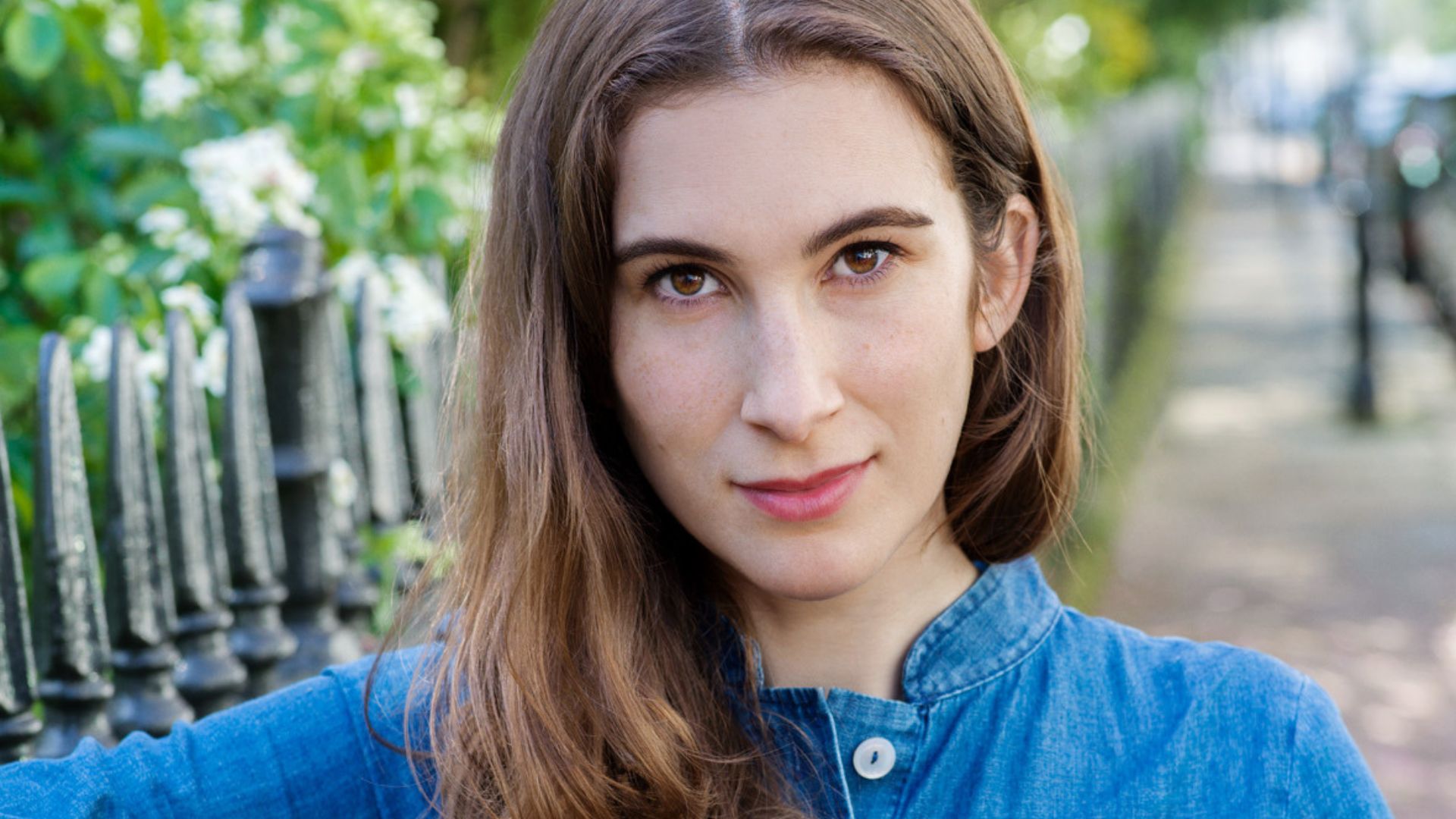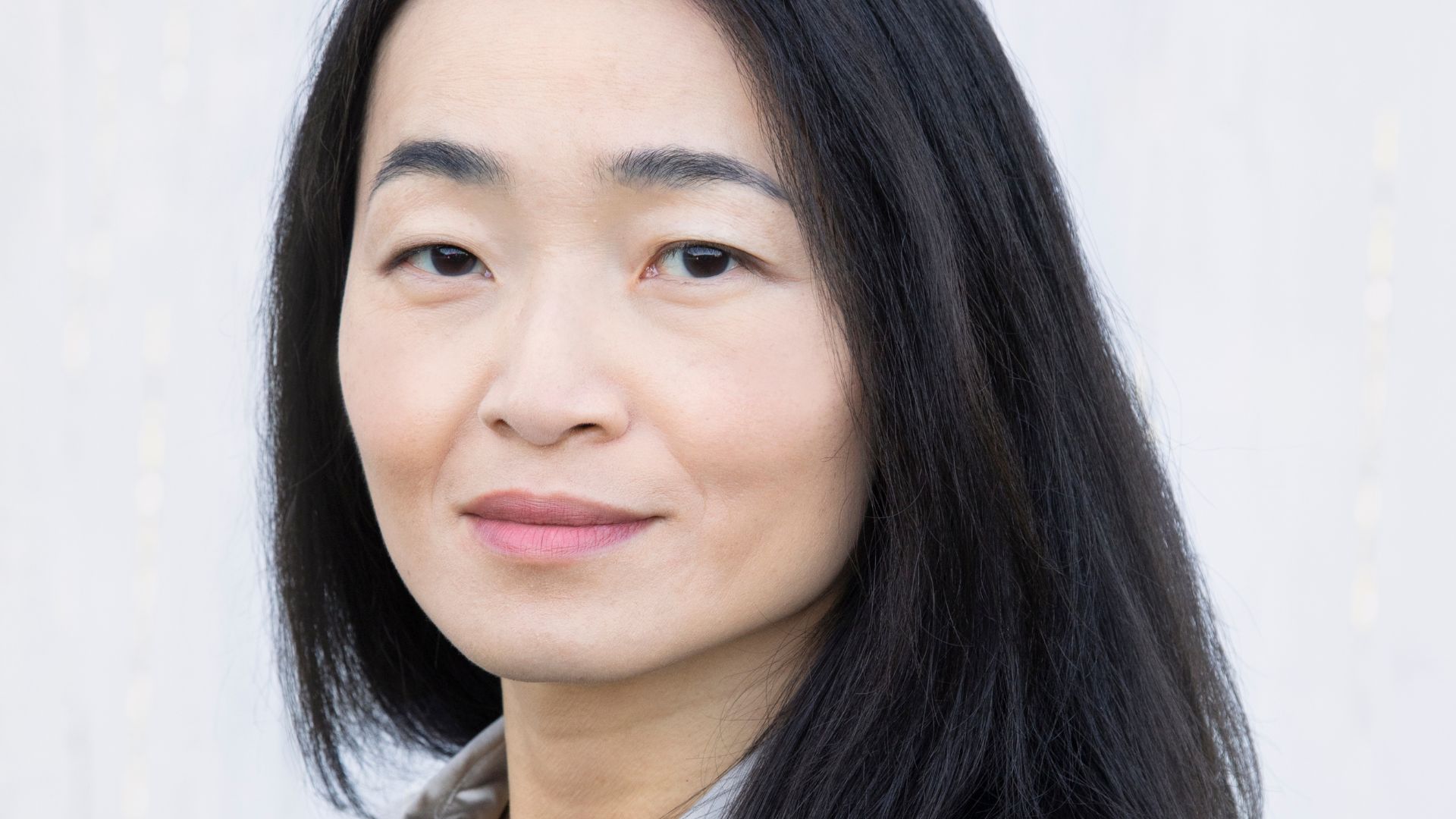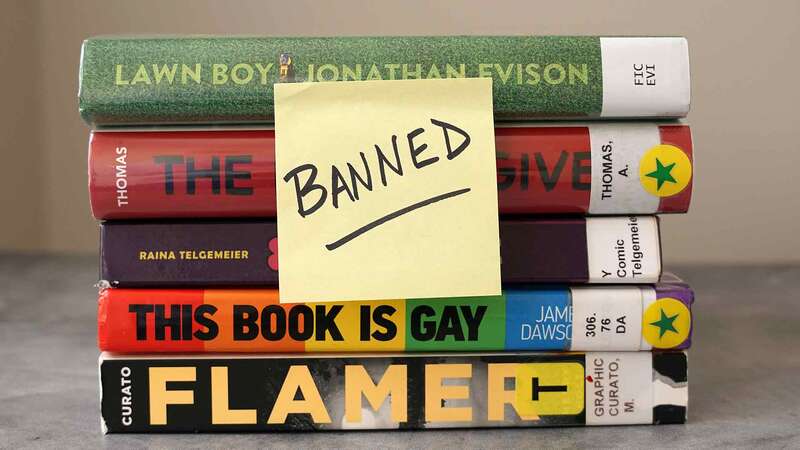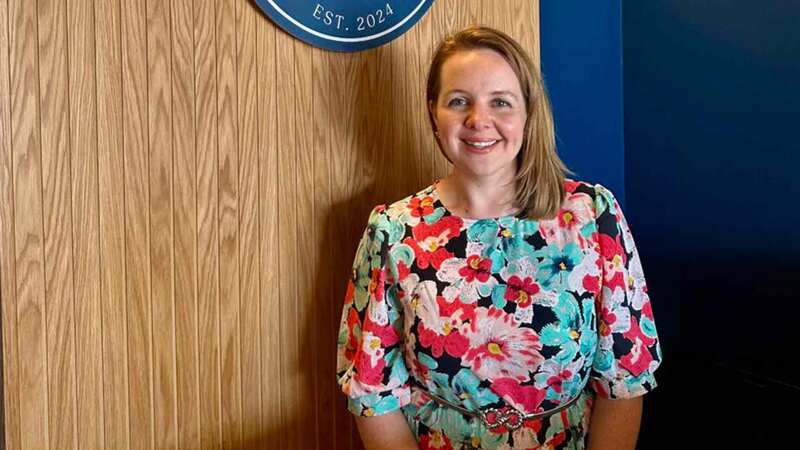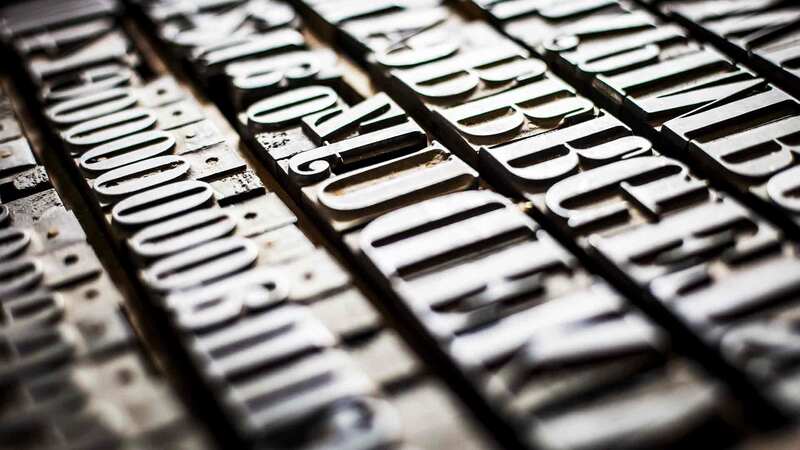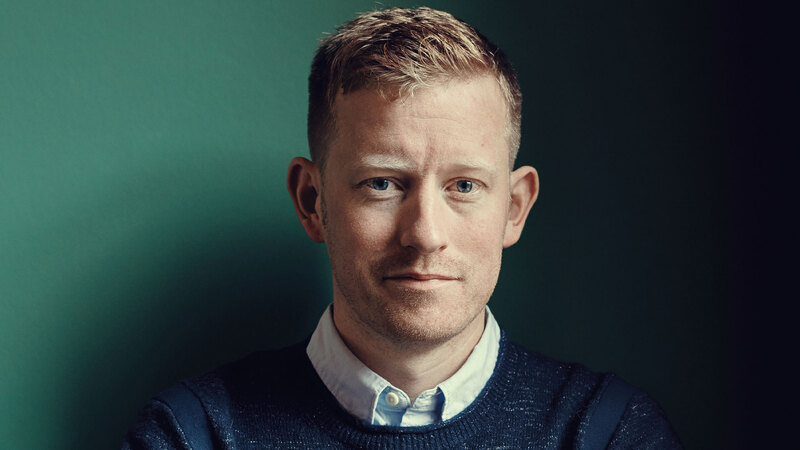You are viewing your 1 free article this month. Login to read more articles.
Rundell, Freedland and Keay make £50k Baillie Gifford Prize longlist
Katherine Rundell, Jonathan Freedland and Anna Keay are among the authors on this year’s 12-strong Baillie Gifford Prize longlist.
The £50,000 non-fiction award features seven British authors, three Americans, one Irish writer and one translated work by a French-Rwandan writer. All authors are new to the prize, with four – Andrea Elliott, Thomas Halliday, Sally Hayden and Matt Rowland Hill – making the list with their first book.
This year’s longlisted authors were praised as "non-fiction in all its splendid breadth, depth and scope; from outstanding reportage, and compelling memoir to illuminating history books and mind-expanding popular science” by chair of judges Caroline Sanderson, writer and associate editor of The Bookseller.
Rundell’s Super-Infinite: The Transformations of John Donne (Faber) gives readers a window into the little known myriad lives of the poet John Donne, while Freedland’s The Escape Artist: The Man Who Broke Out of Auschwitz to Warn the World (John Murray Press) reveals the heroism of Rudolf Vrba, who in 1944 at the age of 19, alongside fellow inmate Fred Wetzler, became the first Jews ever to break out of the concentration camp. Freedland explores Vrba’s life following this, and his mission to reveal to the world the truth of the Holocaust, which would see him reach Roosevelt, Churchill and the Pope and eventually save more than 200,000 lives.
Keay’s The Restless Republic: Britain Without a Crown (William Collins) looks back to 1649, when Britain was engulfed by revolution after King Charles I was executed for treason. Within weeks the English monarchy had been abolished and the House of Lords discarded. Keay’s book tells the story of Britain’s time as a republic. It is the story of how these tempestuous years set the British Isles on a new course, and of what happened when a conservative people tried revolution.
Elsewhere on the list Daisy Hay’s biography Dinner With Joseph Johnson: Books and Friendship in a Revolutionary Age (Chatto & Windus) explores the bookseller and publisher’s weekly meetings with a shifting constellation of extraordinary writers of contrasting politics and personalities. Legacy of Violence: A History of the British Empire by Caroline Elkins (The Bodley Head) lays bare the British Empire’s pervasive use of violence throughout the 20th-century, drawing on more than a decade of research on four continents.
Also in contention is Invisible Child: Poverty, Survival & Hope in an American City (Hutchinson Heinemann) by Pulitzer Prize-winning journalist Elliott, which tells the story of Dasani Coates. Based on nearly a decade of reporting, it follows Coates over eight dramatic years in which she is tested by homelessness, poverty and racism in an unequal America. My Fourth Time, We Drowned: Seeking Refuge on the World’s Deadliest Migration Route by Hayden (Fourth Estate), which won the Orwell Prize 2022, unpicks the ramifications of a Western world that has turned its back on refugees, fuelling one of the most devastating human rights disasters in history.
In Original Sins: A Memoir (Chatto & Windus) Rowland Hill recalls growing up as the son of a minister in an evangelical Christian church in south Wales and then south-east England. After a devastating loss of faith in his late teens, Rowland Hill began his search for salvation elsewhere, turning to books before developing a growing relationship with alcohol and drugs. A memoir of faith, family, shame and addiction, it shows how hope can arrive in the most unexpected forms, and how the stories we tell might help us survive. The Barefoot Woman by Scholastique Mukasonga (Daunt Originals) memorialises a lost childhood, family and way of life. The only one of her Tutsi family to escape the Hutu massacre, Mukasonga weaves the shroud she was unable to make with words, drawing on inherited traditions of storytelling, offering a loving and devastating tribute. She recounts her family’s exile and the subsequent efforts of her mother and others to maintain ritual and community on the dry border of Rwanda and Burundi.
Halliday’s Otherlands: A World in the Making (Allen Lane) explores the vast pre-history of earth in an exhilarating journey into deep time, showing us our planet as it used to exist, and the worlds that were here before ours. Travelling back in time to the dawn of complex life, and across all seven continents, Halliday gives us a mesmerising up close encounter with eras that are normally unimaginably distant.
A Fortunate Woman: A Country Doctor’s Story by Polly Morland (Picador) tells of the author’s discovery of the book A Fortunate Man by John Berger, a 1967 account of a country doctor working in the same valley she lives in more than half a century earlier. This chance discovery led Morland to the remarkable doctor who serves that valley community today, a woman whose own medical vocation was inspired by reading the very same book as a teenager.
Lastly, Kingdom of Characters: A Tale of Language, Obsession, and Genius in Modern China by Jing Tsu (Allen Lane) chars the period of a nation reinventing the world’s oldest living language. China today is one of the world’s most powerful nations, yet just a century ago it was a crumbling empire with literacy reserved for the elite few, left behind in the wake of Western technology. Tsu highlights that China’s most daunting challenge was a linguistic one: to make the formidable Chinese language – a 2,200-year-old writing system that was daunting to natives and foreigners alike – accessible to a globalised, digital world. The book follows the bold innovators who adapted the Chinese script – and the value-system it represents – to the technological advances that would shape the 20th century and beyond, from the telegram to the typewriter to the smartphone.
The judging panel also included writer and science journalist Laura Spinney, critic and writer for the Observer Rachel Cooke, BBC journalist and presenter Clive Myrie, author and New Yorker writer Samanth Subramanian and critic and broadcaster Georgina Godwin. Their selection was made from 362 books published between 1st November 2021 and 31st October 2022.
This year’s shortlist will be announced on 10th October in a live event at Cheltenham Literature Festival. The winner will be announced on 17th November at an award ceremony at the Science Museum.
Last year’s winner was Patrick Radden Keefe for Empire of Pain (Picador).




